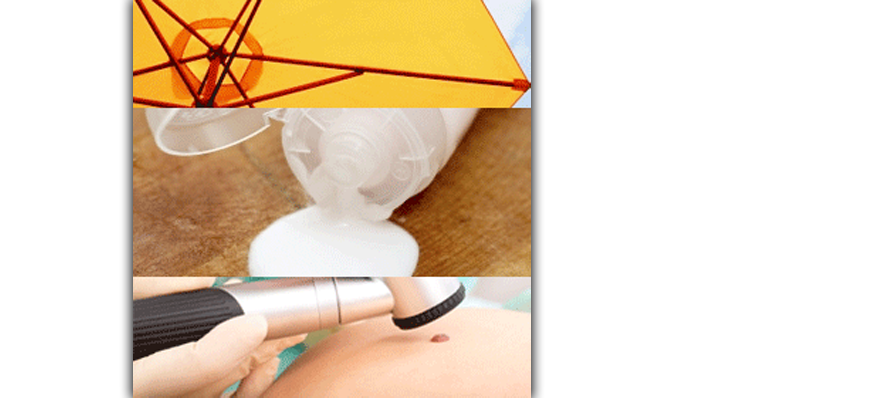Rosacea has a “complex, multifactorial pathophysiology”* with causes including skin barrier dysfunction (leading to skin sensitivity), photo-damage, excessive pro-inflammatories, and Demodex folliculorum. Management requires education, prevention (a patch test can be invaluable here, as can sun avoidance and a daily indoor-outdoor sun and light screen), proper skin care, and, in some cases, medication.* A reliable method for managing the condition includes the following steps:
SEE A DERMATOLOGIST
Many skin conditions can look similar and even experts are known to mistake one disease for another. See a dermatologist, and ideally one who specializes in rosacea.
GET A PATCH TEST
Due to the condition’s trans-epidermal water loss and barrier dysfunction, skin with rosacea can be sensitive. As well, “External irritants, which may be included in many poorly selected skin-care and cosmetic products, can exacerbate signs and symptoms of rosacea.”* Avoiding allergens and irritants is, therefore, crucial in the management of rosacea. A patch test can help you identify what you need to avoid.
PRIORITIZE HYPOALLERGENICITY
Several products made for rosacea contain antioxidants and ant-inflammatories, which are important…but exercise caution. Many also contain allergens and irritants. Choose skincare that has only antioxidants, anti-inflammatories and anti-microbials that are non-allergens, providing therapeutic benefits without the sensitizers known to trigger rosacea.
*Del Rosso JQ, Baum EW. Comprehensive medical management of rosacea: an interim study report and literature review. J Clin Aesthet Dermatol. 2008;1:20–25
For more on rosacea, we suggest: Rosacea Roundup.
For other information on specific products that may help calm and manage rosacea, check out Put Angry Skin On “N-ice” and Can’t Calm Rosacea? #candew! on VMVinSKIN.com.





